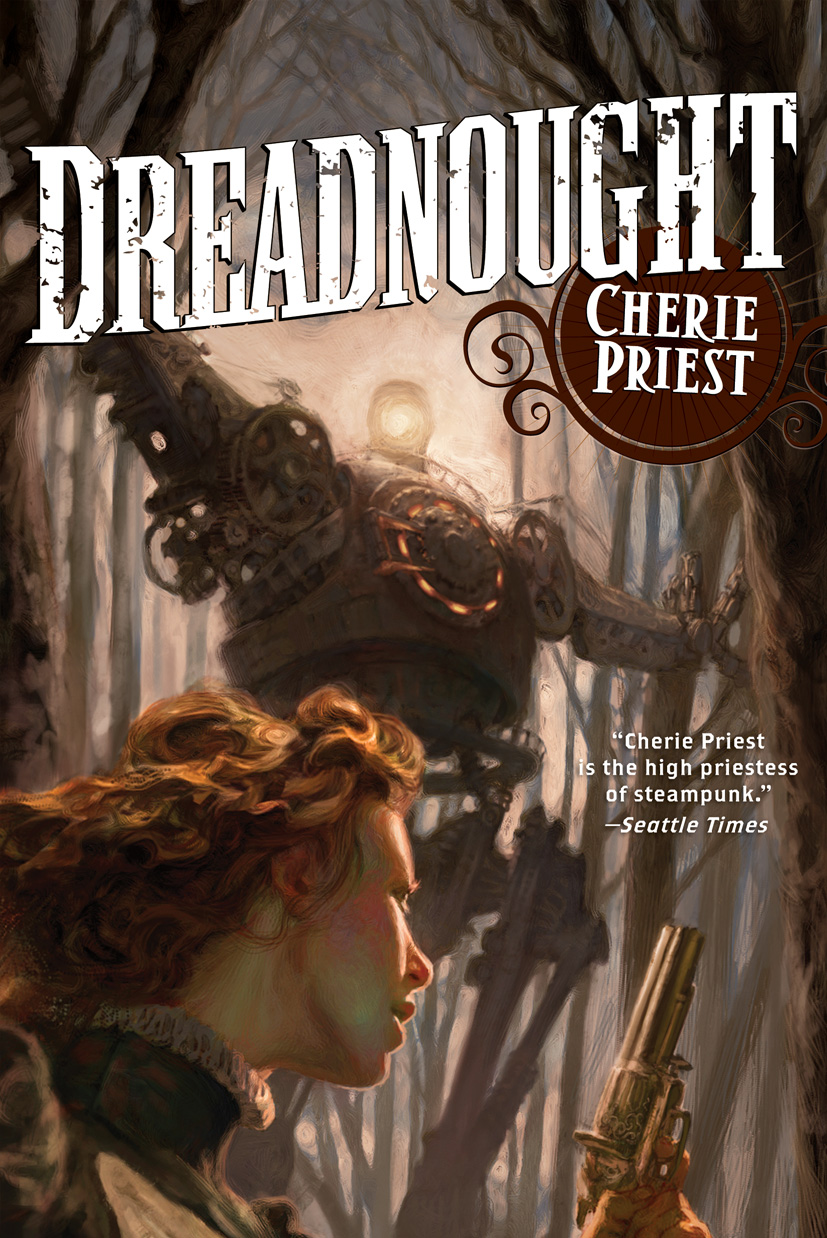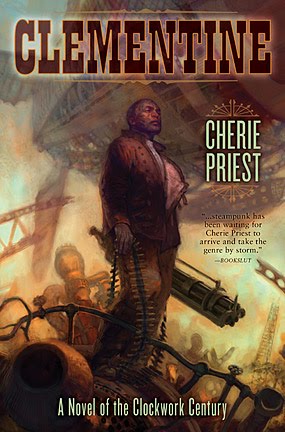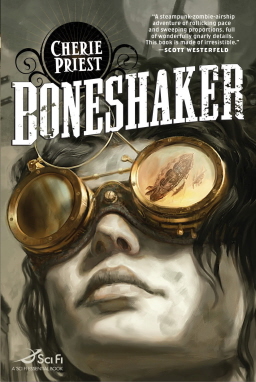The Thrill of the Unexpected: Why I Edit Clockwork Phoenix
Hi, folks! Mike Allen here. When I last came through, I blogged about monsters. I want to thank Black Gate overlord John O’Neill for granting me leave to return to this space and shill my new project.
 Among the many things I do, I’m the editor of a series of fantasy anthologies called Clockwork Phoenix. At least, the first three books were marketed as fantasy by my previous publisher, even though I included some strange science fiction in their pages as well. (Though I’m someone who sees science fiction as a subset of fantasy rather than a whole separate thing, one of the reasons I’ll use them if they’re odd enough.)
Among the many things I do, I’m the editor of a series of fantasy anthologies called Clockwork Phoenix. At least, the first three books were marketed as fantasy by my previous publisher, even though I included some strange science fiction in their pages as well. (Though I’m someone who sees science fiction as a subset of fantasy rather than a whole separate thing, one of the reasons I’ll use them if they’re odd enough.)

And I’m going to be editing and publishing a fourth volume in the series, thanks to a Kickstarter campaign that’s still underway. As of this writing I’m closing in on an $8,000 goal that will let me for the first time pay five cents a word for fiction – we’re going pro. If we keep going past that, I hope to launch a webzine that will be a companion to Clockwork Phoenix and the poetry journal I also edit and publish, Mythic Delirium, creating even more space for the kind of writing I love to thrive. But we’ll blow up that bridge when we come to it, eh?
John suggested I talk to you folks about how Clockwork Phoenix functions as a fantasy market, and I think that’s a fair question, given what Black Gate is all about.
Put bluntly, Clockwork Phoenix is a market for those who want to push the boundaries of what fantasy can be. I encourage stylistic experiments but insist the stories should also be compelling.
I want to point out that this gives me also sorts of freedom to include material that can’t be easily classified, I wouldn’t call it a break with long standing tradition in our field, at least as I’ve experienced said traditions.
I want to tell you how I was first introduced to short fiction that carries the fantasy label. I’m pretty sure then you’ll see what I mean.
 Dreadnought
Dreadnought  Clementine
Clementine 